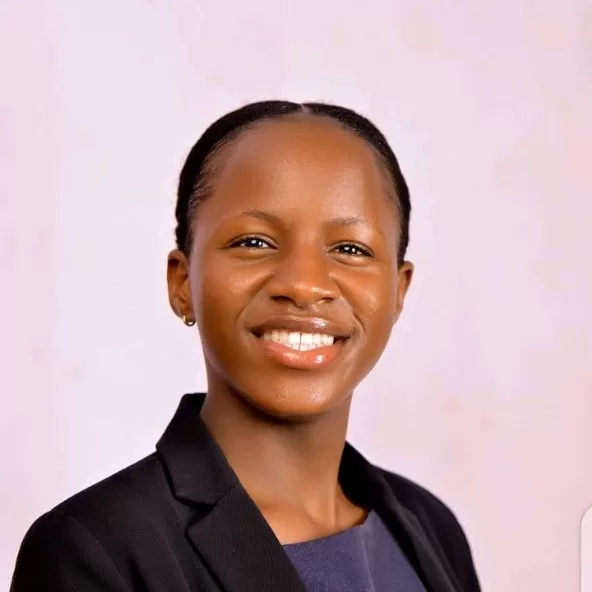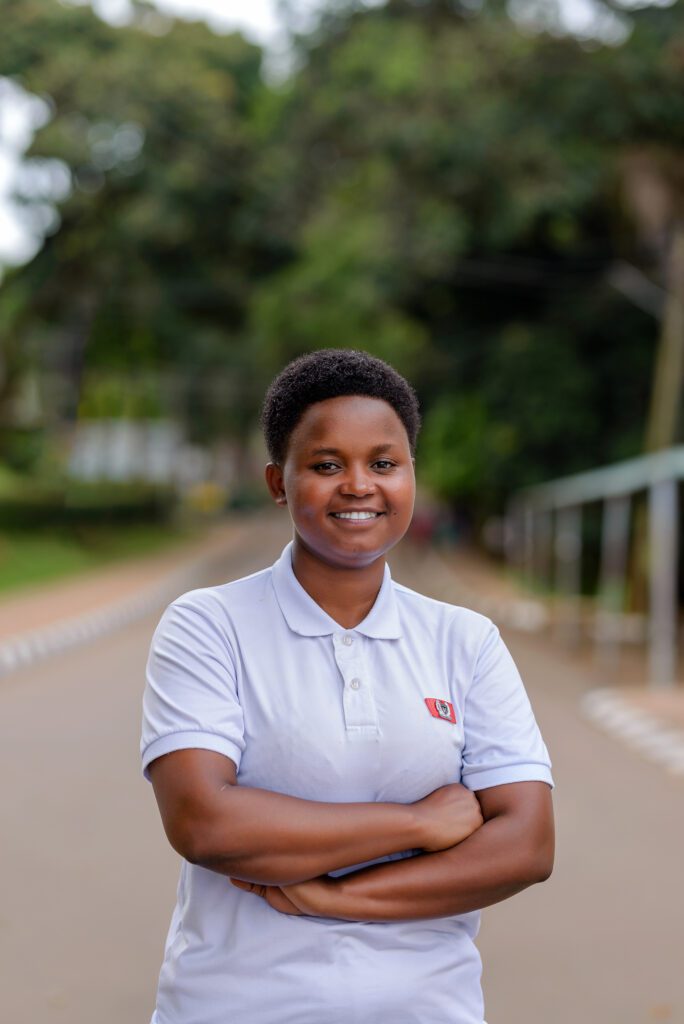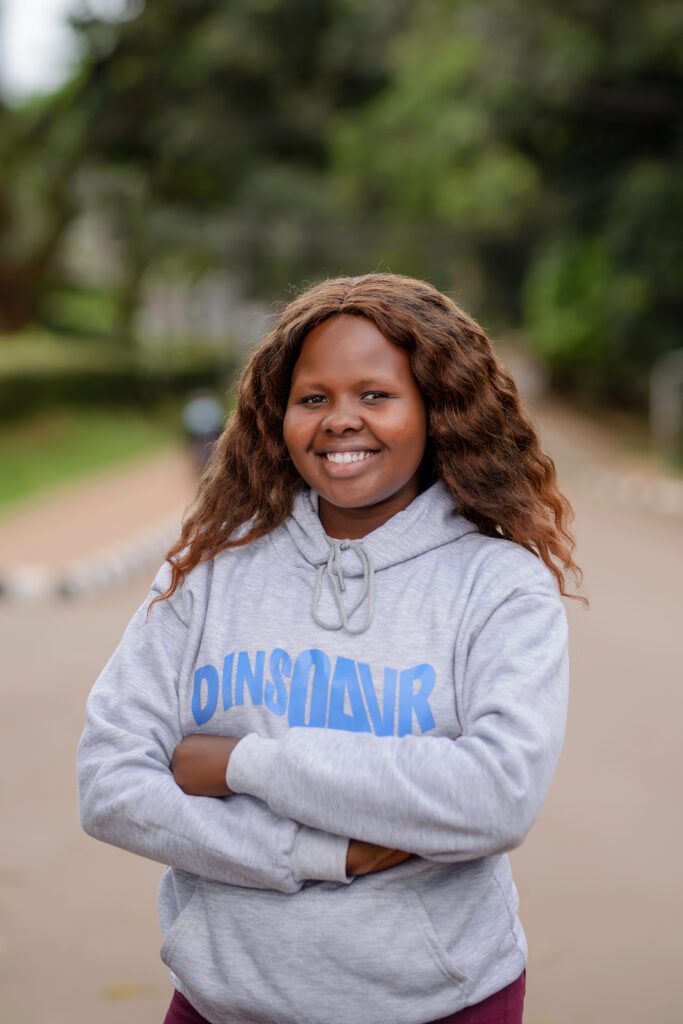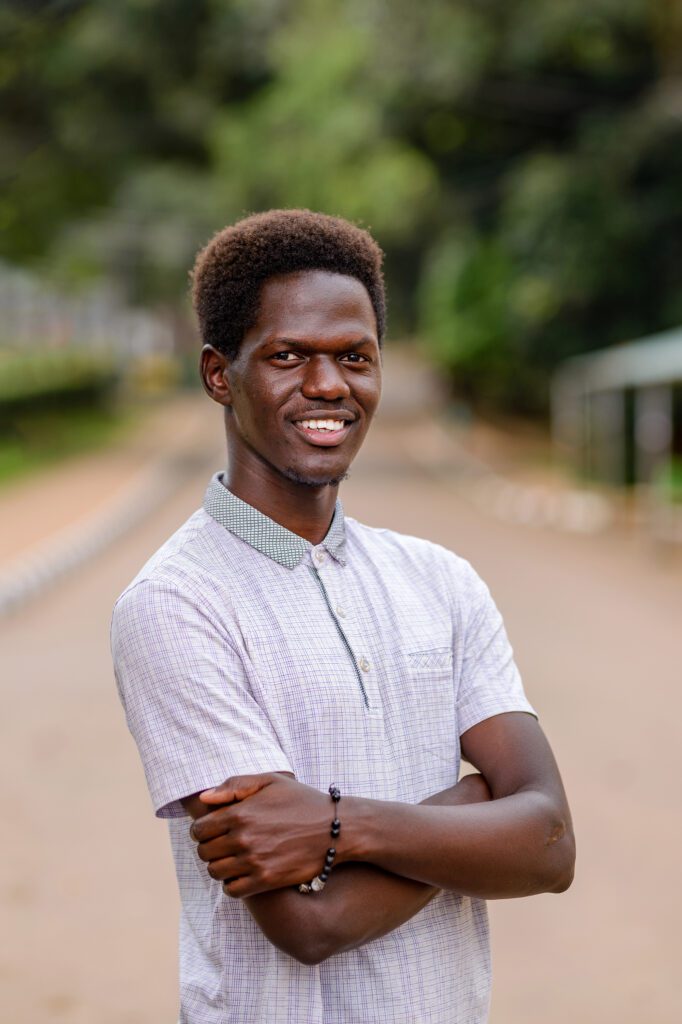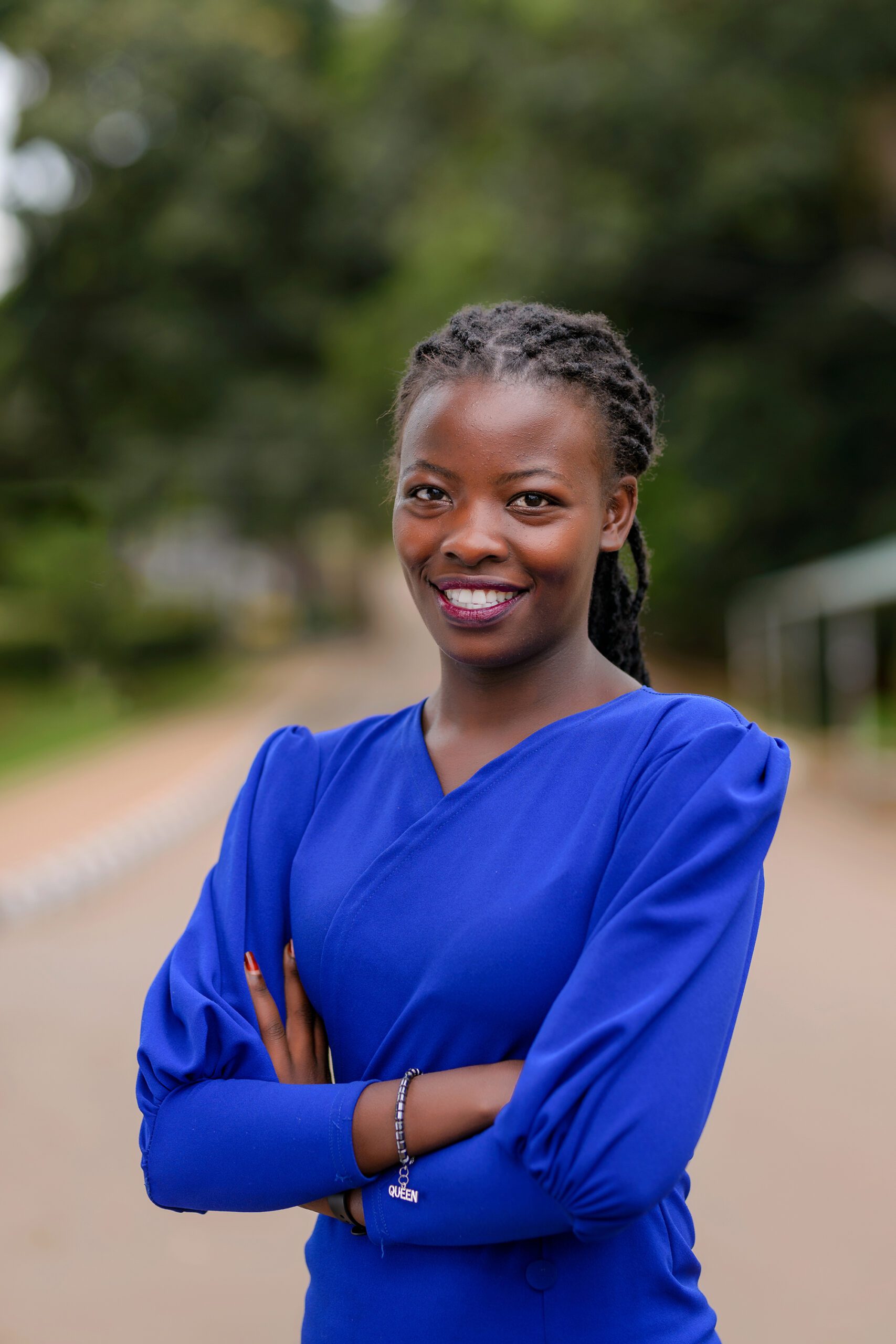
Ahirirwe Leticia
University
Mbarara University of Science and Technology
Course
Bachelor's of science in Agricultural livelihood and Farm production
Bio
Ahirirwe Leticia, 23, is an active voice for gender equality, climate action and youth empowerment in Uganda. She is one of the incumbent Albanian Youth Delegates to the United Nations, where she advocates for climate issues and sustainable development and shares the perspective of youth in her country. She raises awareness on climate change and feminism and how they are inextricable from one another. Ahirirwe believes that for many people in Uganda, climate change is still not an issue, and that gender equality and climate are not related. Together with her team, she organizes movie nights on environment, protests and marches for climate justice, and other educational initiatives to raise awareness about climate change and intersectional feminism. “Climate crisis does not affect us all in the same way and often women are the most vulnerable to this crisis, especially women from marginalized communities such as women of ethnic minorities, women of colour, women with disabilities, queer women, women living in poverty, and other women and girls at the intersection of multiple systems of oppression,”
Contact

